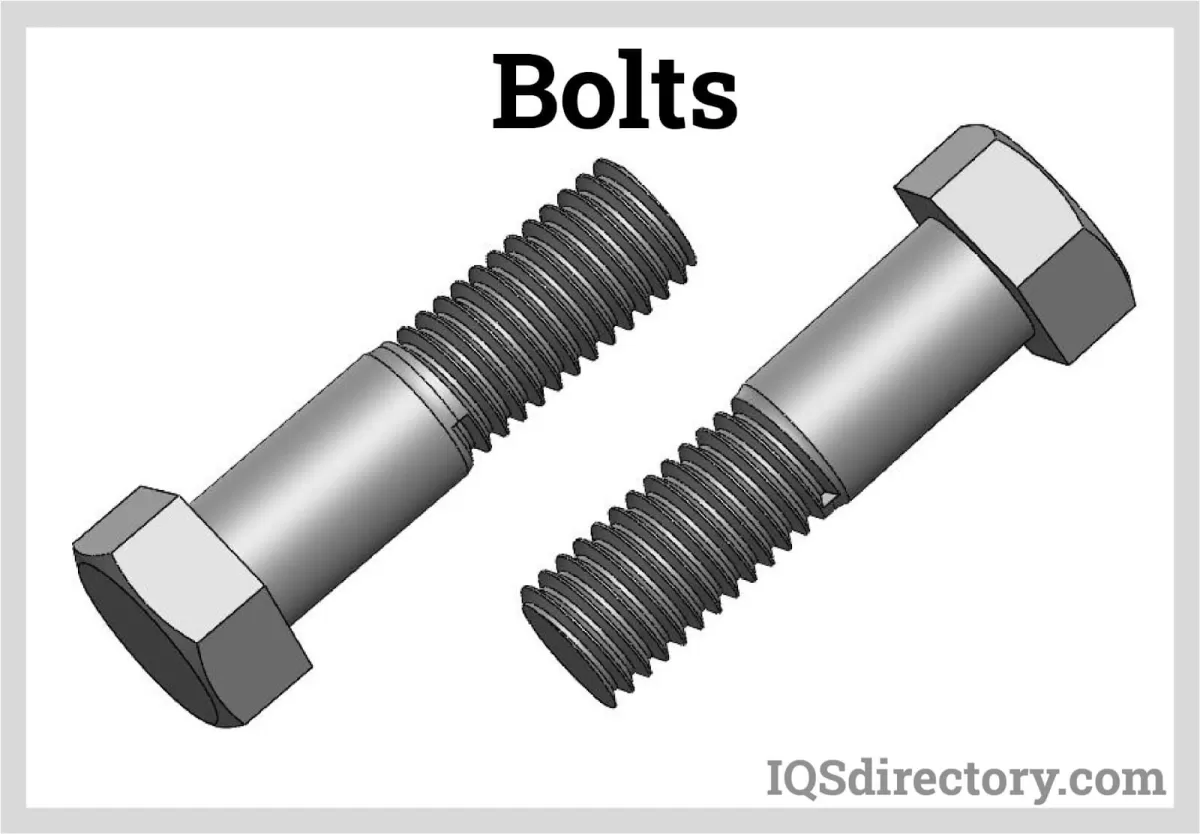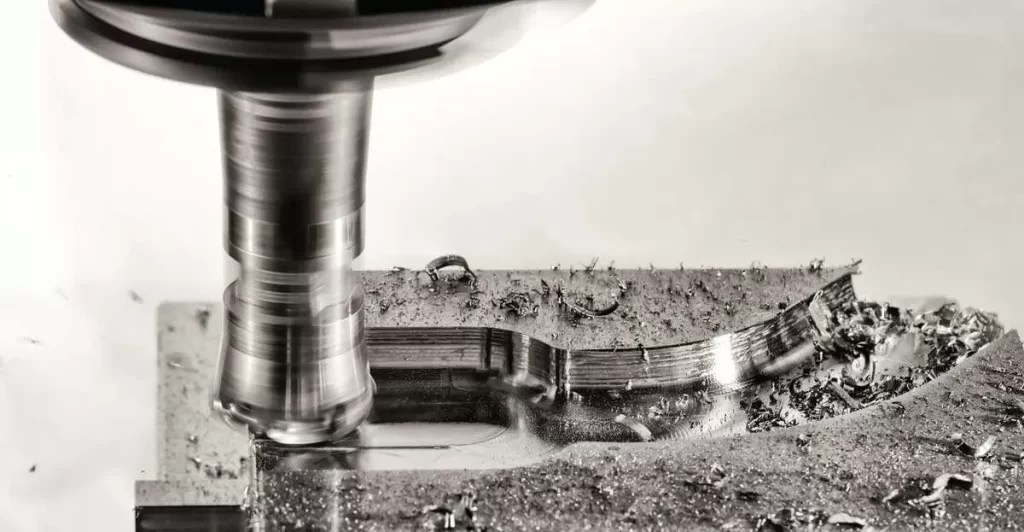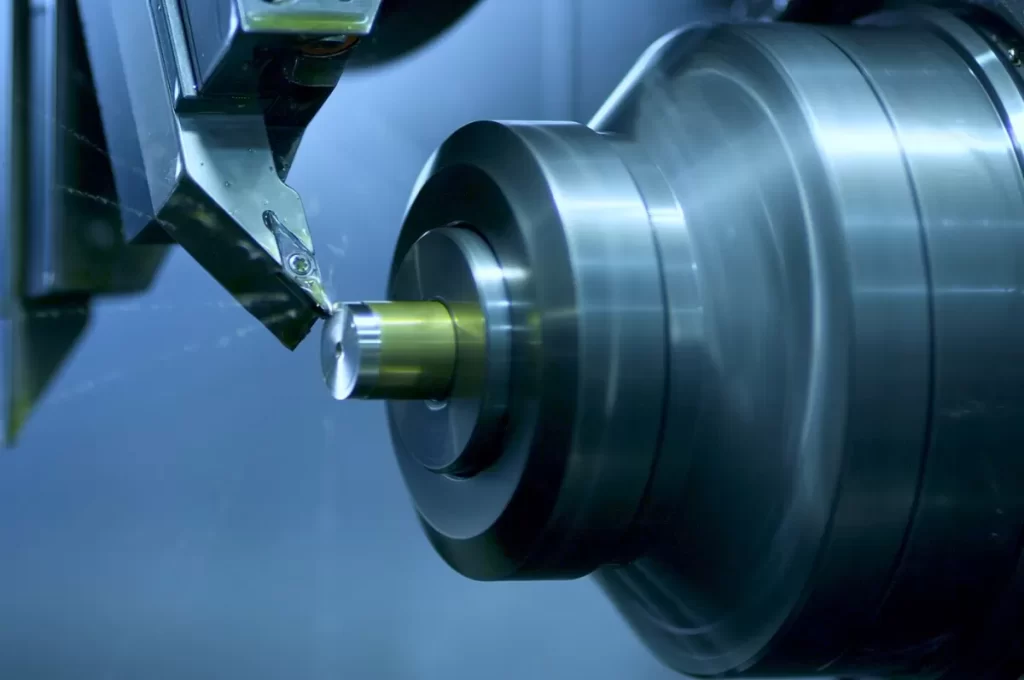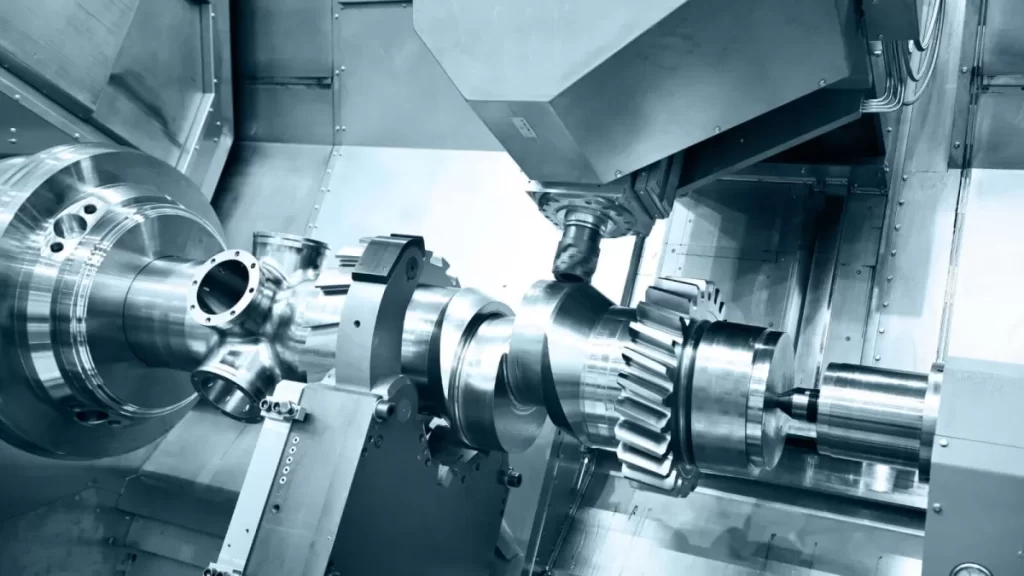Are you overwhelmed by the variety of fasteners available for your next project? Choosing the right types of fasteners can transform your CNC machining or manufacturing outcomes, ensuring strength, precision, and durability. As experts at HYCNC, we’ve seen firsthand how the perfect screw, bolt, or nut can elevate a project from good to exceptional. In this guide, we’ll break down the essential fastener types, their applications, and expert tips to help you select the best options for your needs. Dive in to discover how HYCNC can power your precision fastening success!
What Are Fasteners Definition and Role Why Fastener Selection Matters
Fasteners are essential mechanical components used to join two or more objects together securely. Think of them as the connectors that hold everything in place—from furniture and electronics to heavy machinery. Without fasteners, parts would be loose, unstable, or even unsafe.
Choosing the right fastener is more than just picking the first screw or bolt you find. The correct fastener ensures strength, durability, and proper function, especially in precision environments like CNC machining. Using the wrong type or material can lead to failures, costly repairs, and safety risks. That’s why understanding different fasteners and their specific applications matters for any project, whether industrial or DIY.
Common Types of Fasteners and Their Applications
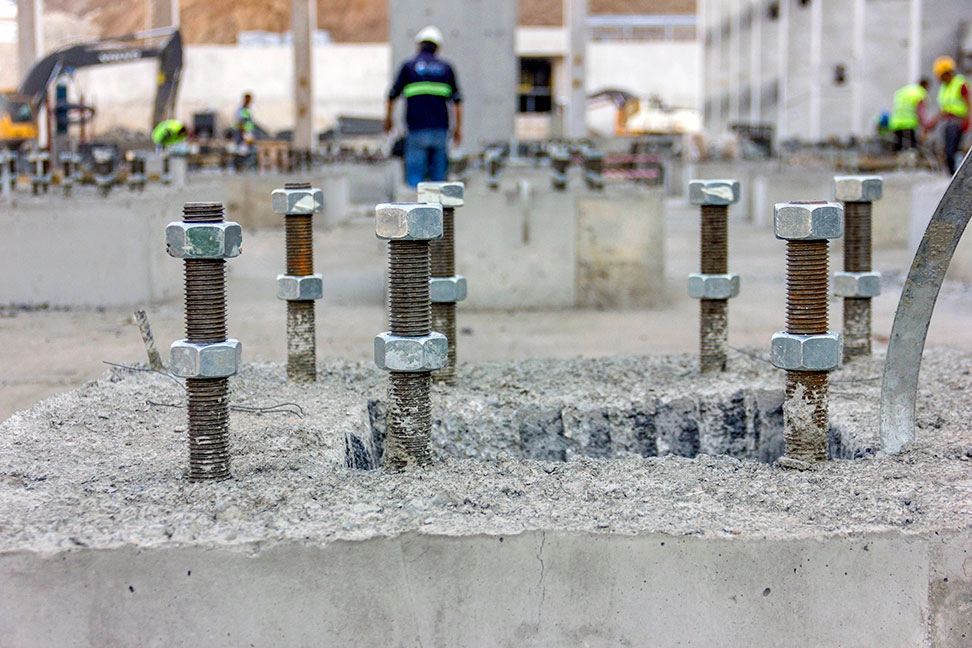
When it comes to industrial fasteners, knowing the right type makes all the difference. Here’s a quick look at common fasteners and where you’ll usually find them:
Screws
- Wood Screws: Designed for wood, these screws have a sharp point and coarse threads to grip wood fibers tightly. Perfect for furniture, cabinetry, and framing.
- Machine Screws: Used in metal or plastic, these screws have uniform threads and often require a nut or a tapped hole. Great for machinery and electronics.
- Self-Tapping Screws: These cut their own threads in materials like metal or plastic, saving time on pre-drilled holes. Common in sheet metal work and assemblies.
Bolts
- Hex Bolts: Named for their six-sided head, hex bolts are sturdy fasteners for heavy-duty applications like construction and automotive parts.
- Anchor Bolts: These are used to attach structures to concrete, providing strong, reliable hold for beams, posts, and frames.
Nuts
- Hex Nuts: Standard nuts with a hex shape, they fit hex bolts and screws to lock things together.
- Lock Nuts: These nuts resist loosening from vibration, ideal for machinery and automotive use where steady fastening is critical.
Washers
- Flat Washers: Placed under nuts or bolt heads, flat washers spread the load and protect surfaces from damage.
- Lock Washers: They prevent fastener loosening by adding tension, especially useful in vibrating environments.
Other Fasteners
- Rivets: Permanent fasteners used when welding or screws aren’t practical; common in aircraft and metalworking.
- Pins and Clips: These hold parts in place temporarily or permanently, often found in automotive and mechanical assemblies.
Each fastener type serves a specific purpose, and picking the right one impacts strength, durability, and overall project success. In CNC machining fasteners, for example, precision and material choice become critical, and these common fasteners often form the base of your assembly.
Materials Used in Fasteners
Common Materials
Fasteners come in a variety of materials, each suited for different jobs. The most common materials you’ll find include:
- Steel: Strong and versatile, steel fasteners are often coated to resist rust, like zinc-plated or stainless steel options.
- Stainless Steel: Great for corrosion resistance, especially in outdoor or damp environments.
- Brass: Lightweight and corrosion-resistant, mainly used in electrical or decorative applications.
- Aluminum: Lightweight and corrosion-resistant, but not as strong as steel or stainless steel.
- Plastic: Used for light-duty fastening or where electrical insulation is needed.
Material Selection for CNC Machining
When it comes to CNC machining fasteners, the material choice influences the quality, durability, and precision of the parts. Here’s what matters:
- Strength and Wear Resistance: Steel and stainless steel are preferred for industrial fasteners that need to withstand mechanical stress.
- Corrosion Resistance: Stainless steel or brass are good picks for environments with moisture or chemicals.
- Machinability: Materials like aluminum and certain grades of steel machine easier and faster, reducing production time.
- Cost Efficiency: Balancing performance and budget is key. CNC machining fasteners can use materials optimized for specific applications without overspending.
Choosing the right material ensures your fasteners hold up under the conditions they’ll face, especially for local U.S. industries relying on precision and durability.
How to Choose the Right Fastener for Your Project
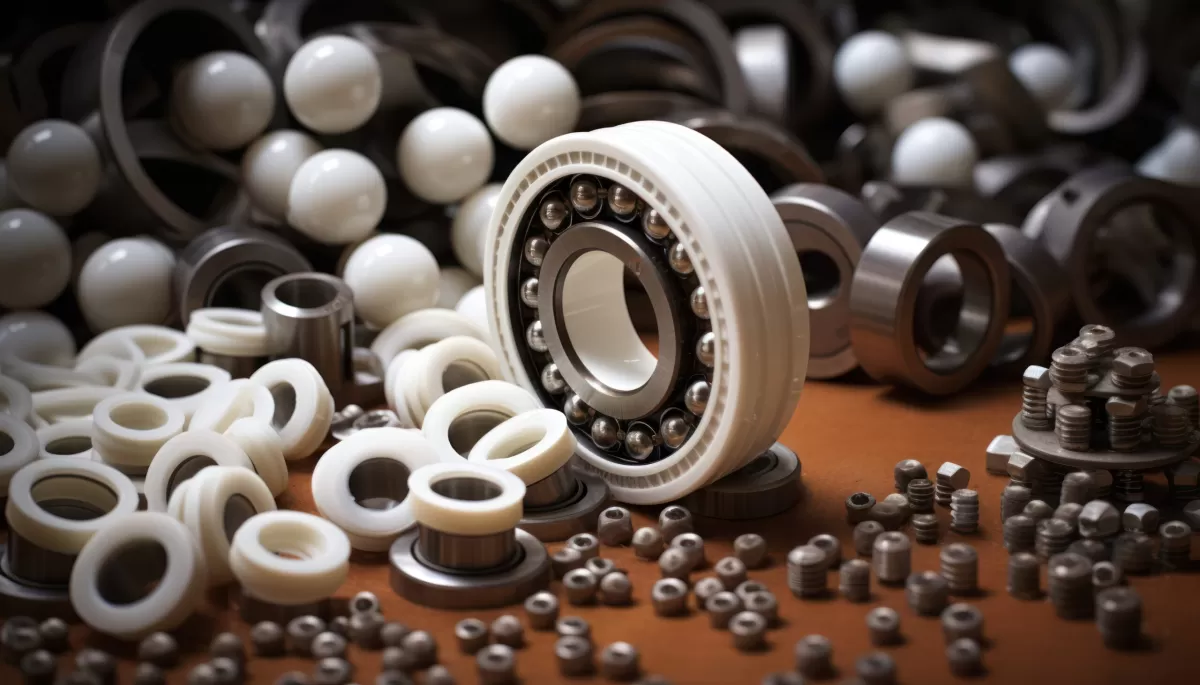
Picking the right fastener isn’t always simple, but it’s crucial to getting your project done right. Here are the key factors to keep in mind:
- Material Compatibility: Make sure the fastener material works well with the materials you’re joining to avoid corrosion or weakening over time.
- Load and Strength Requirements: Understand how much weight or stress the fastener needs to handle. Different fasteners are rated for different strength levels.
- Environment: Consider if the fastener will face moisture, heat, chemicals, or outdoor conditions. This impacts which materials and coatings you should choose.
- Type of Connection: Choose fasteners based on whether the joint is permanent or needs to be removable.
- Size and Thread Type: Use the right size and threading to fit your application and ensure a secure hold.
- Precision Needs: For CNC machining projects, precision fasteners guarantee tight, consistent fits.
At HYCNC, we bring expert knowledge in fastener selection specifically tailored for CNC machining applications. We understand the demands of precision manufacturing and help you pick fasteners that meet industry standards, fit your materials, and hold up under your project’s conditions. Our experience ensures your build is reliable, efficient, and built to last.
Fastener Standards and Specifications
When it comes to fasteners, following industry standards is crucial. These standards ensure that fasteners meet specific quality, size, strength, and performance requirements. Common standards in the U.S. include ANSI, ASTM, and ISO, which help maintain consistency across different manufacturers and applications. This is especially important in CNC machining, where precision and reliability can’t be compromised.
At HYCNC, we take fastener standards seriously. Our CNC machining fasteners comply strictly with all relevant industry guidelines to guarantee compatibility and safety. By adhering to these standards, we make sure that every screw, bolt, nut, and washer delivers the right fit and strength for your project. This commitment to standards helps us provide reliable fastening solutions that meet the demanding needs of our local U.S. customers, from industrial fasteners to precision CNC parts.
Applications of Fasteners in CNC Machining
Fasteners play a crucial role in CNC machining, especially when precision matters. In manufacturing, they hold components firmly in place during machining, assembly, and operation. Using the right fasteners ensures parts don’t shift or loosen, maintaining accuracy and quality throughout the process.
At HYCNC, we specialize in CNC fastener solutions tailored for precision manufacturing. Our fasteners are designed to meet tight tolerances and withstand the demands of high-speed machining. Whether you need custom-made bolts, screws, or nuts, we provide reliable fastening options that support durable and exact assemblies. This helps keep your projects on track and ensures every part fits perfectly.
FAQs
What are the main types of fasteners used in CNC machining?
The most common fasteners include screws (wood screws, machine screws, self-tapping screws), bolts (hex bolts, anchor bolts), nuts (hex nuts, lock nuts), washers (flat and lock washers), rivets, and pins and clips. Each serves a specific purpose depending on the project.
How do I choose the right fastener for my project?
Consider the material you’re fastening, the load and stress the fastener will face, environmental conditions, and the type of fit you need. Our fastener selection guide at HYCNC can help narrow down the best options.
What materials are fasteners made from?
Common materials include steel, stainless steel, brass, aluminum, and sometimes specialty alloys. CNC machining fasteners often require materials that balance strength with corrosion resistance.
Why do fastener standards matter?
Standards ensure consistent quality, fit, and performance. They also ensure compatibility across different parts and suppliers, which is crucial in precision manufacturing.
Can I get custom fasteners from HYCNC?
Yes, we specialize in CNC machining fasteners tailored to your specifications and project needs, whether you need a unique size, shape, or material.
Are lock nuts better than regular nuts?
Lock nuts provide extra security to prevent loosening under vibration or heavy use, making them ideal for mechanical fasteners in many industrial applications.
How do washers improve fastener performance?
Washers distribute the load evenly and protect surfaces. Lock washers also help prevent nuts and bolts from loosening over time.
If you have more questions or need help selecting the right fasteners for your CNC machining project, reach out to us anytime. We’re here to make fastener selection straightforward and effective for your needs.

